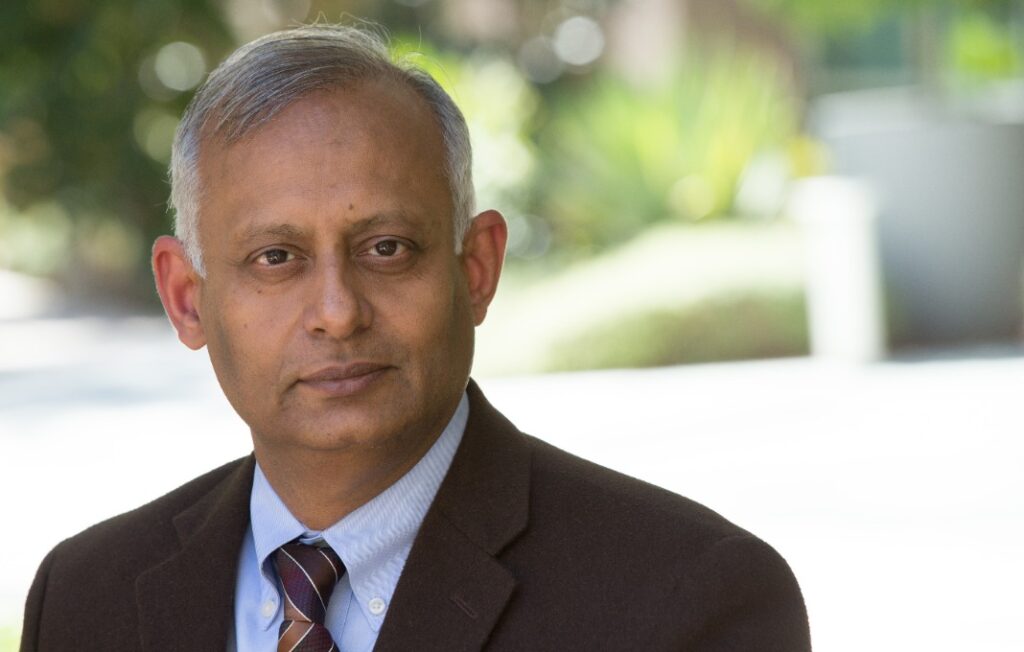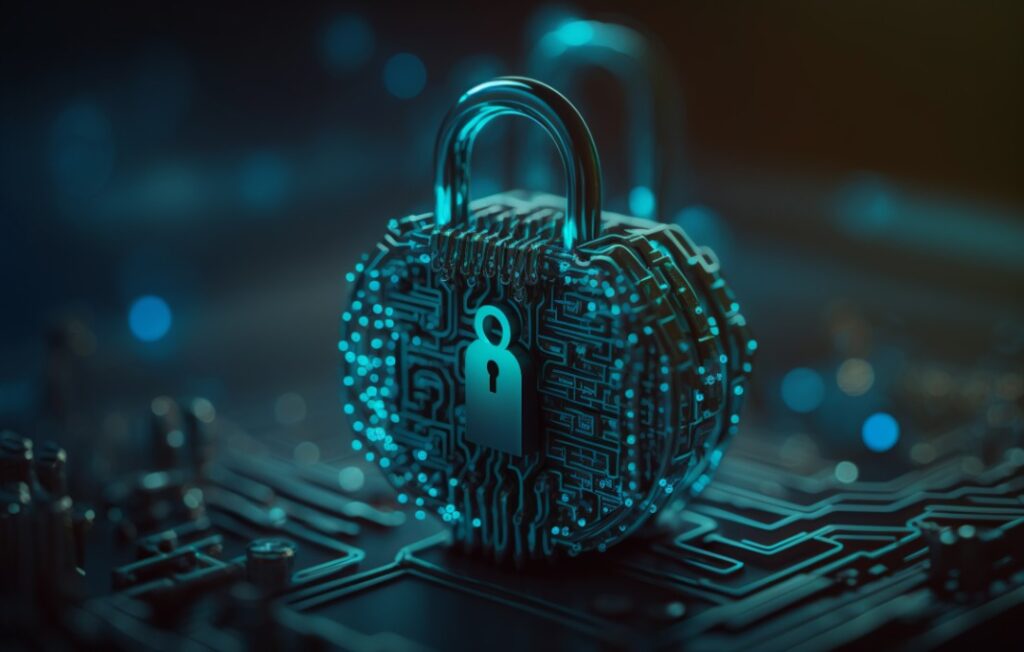Ben Pring considers himself a “tech evangelist.” But lately, he’s been talking more about the dangers of tech than the benefits.
Pring is the co-author of the recently published “MONSTER: A Tough Love Letter to the Machines That Rule our Jobs, Lives, and Future.” Co-authored by Paul Roehrig, the book explores “how big a beast technology has become, and how we can tame it to maintain our freedom and privacy while still realizing its benefits.”
Pring co-founded and leads the Center for the Future of Work at Cognizant, a U.S.-based multinational technology company that provides consulting, information technology and outsourcing services. He sits on the advisory board of the Labor and Work Life program at Harvard Law School. We ask Pring about the power—and responsibilities—CIOs have today.
You write in the intro to your book that you love technology but are getting increasingly worried about it. Why is that?
So many of the cool, interesting leading-edge technologies—artificial intelligence, big data, virtual reality—seem to be double-edged swords. Artificial intelligence will help us create new medicines, but will automate away lots of human work. Big data helps us personalize services and experiences for our customers, but leads us into a “surveillance” economy. Virtual reality is a completely new dimension, but one which has the potential to untether people from reality. Installing ERP software and ethernet cables back in the day didn’t raise such existentially difficult questions. That seems like child’s play in comparison with what technology leaders need to grapple with today.
Why did you decide to dig into this area, of all the technology, business and future-orientated things you could have chosen to focus on?
Because these were the conversations we’ve been having with CIOs and tech leaders on our travels over the last few years. We really had no choice. Lots of senior folks in tech—on both the customer and the vendor side—know what’s going on, and that there are fine lines to be trod here. Fewer want to address these issues in public. We feel a responsibility as “tech evangelists” to look at them though, rather than ignore them. We hope that by confronting these difficult questions we can keep tech in a good place, rather than see it be used to build a world that could be increasingly dystopian. #techforgood!
What types of actions are you recommending to leaders of technology?
CIOs need to be on the right side of history, by treating their users and customers’ data responsibly, and not abusing it. They need to maintain the Golden Rule in cyberspace—i.e., treat other’s data as they would like their data to be treated. They need not develop algorithms that try to addict people to the dopamine drip. They should be open to audits of how their algorithms work and what biases are hard-coded within them. CIOs should act as fiduciary custodians of data not as chancers trying to get away with as much as they can before they get caught. With the great power of modern technology comes great responsibility. CIOs should discharge this responsibility with great care.
What do you think will happen if we don’t learn how to “tame the monster?”
We’ll wake up one day—in a few years or decades—in a world that we were warned about by George Orwell and Aldous Huxley and Yevgeny Zamyatin and Dave Eggers and realize that we’ve built a world that few of us want to live in. CIOs and tech people generally will be regarded not as cool folks using tech to make things better, but as misguided types who helped make things worse. That’s not a scenario we want for anybody who loves technology. We’ve got to step up and make sure it doesn’t happen.









